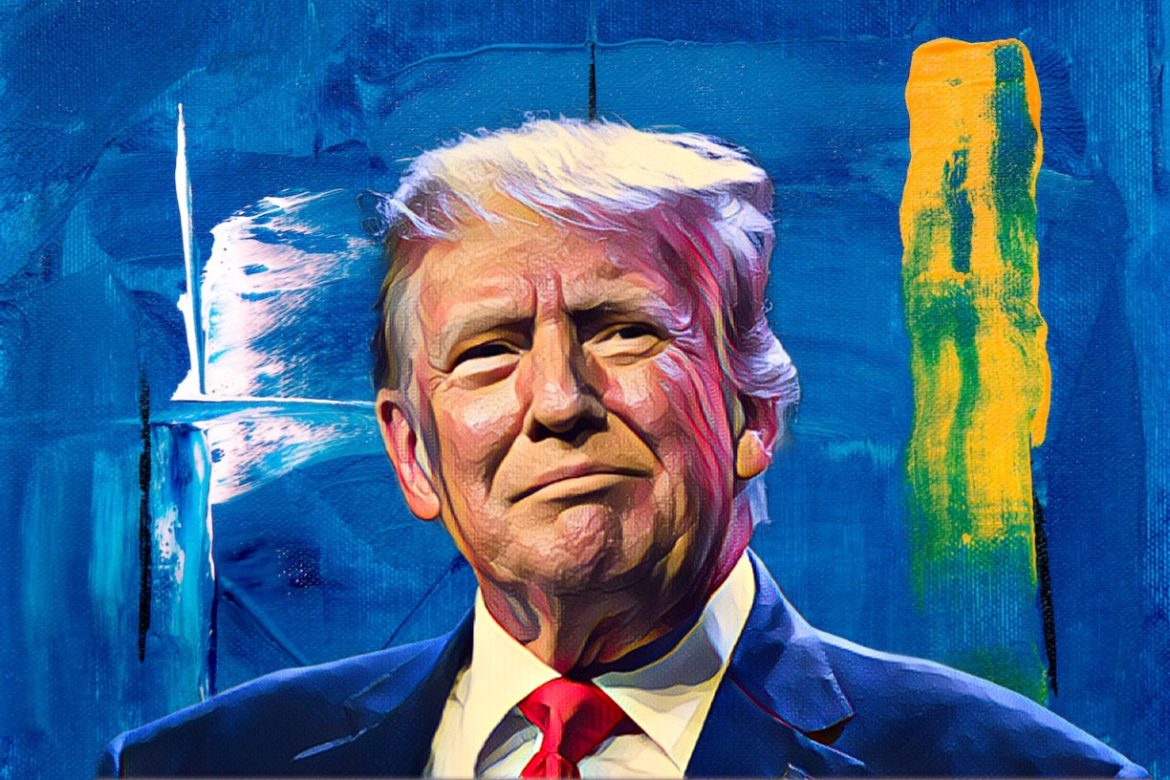Key Points
-
-
Trump does not rule out Nigeria military operation, stirring foreign policy debate.
-
U.S. diplomats and Nigerian officials urge caution on security cooperation.
-
Analysts warn of sovereignty and strategic implications.
-
Donald Trump, who used to be the president of the United States, said he wouldn’t rule out “any kind of operation” in Nigeria if things got worse. This has led to more talk about what the U.S. might do to help keep West Africa safe.
During a campaign briefing at his Mar-a-Lago estate in Florida, Trump refused to say what such an operation might involve but stressed that “Nigeria is vital to regional stability and global security interests.” Because of Trump’s history of making deals in foreign policy, the comment quickly got the attention of policy experts in both Washington and Abuja.
Trump cut back on the number of U.S. troops in some parts of Africa during his term from 2017 to 2021, but he kept sharing intelligence and limited counterterrorism support. His most recent statement suggests that he will be more aggressive if he is re-elected.
Trump does not rule out a military operation in Nigeria
Boko Haram, banditry, and separatist violence have made Nigeria, Africa’s most populous country and largest economy, unsafe for a long time. Trump’s comments came soon after reports of renewed militant activity in the North-East, which led to speculation about whether a new U.S. administration might think about intervening directly or working with others.
A high-ranking official from Nigeria’s Ministry of Foreign Affairs, who asked not to be named, said that the country “remains open to strategic partnerships but insists on full respect for sovereignty.” The Nigerian Defence Headquarters did not say anything in public.
Analysts and diplomats look at what might happen next
Johnnie Carson, who used to be the U.S. Assistant Secretary of State for African Affairs, told reporters that Trump’s words “show that more and more people in Washington are realising that Nigeria’s stability is key to regional security.”
John Campbell, who used to be the U.S. Ambassador to Nigeria, said, “Any American military cooperation must be closely coordinated with Abuja to avoid perceptions of interference.”
Prof. Jide Ojo, a political analyst and columnist, said in Lagos that Trump’s tone was “a calculated signal to reassert U.S. influence in Africa amid China and Russia’s growing presence.”
Dr. Kabiru Adamu, Managing Director of Beacon Consulting Ltd, said that Trump’s words “point to the U.S. potentially recalibrating its counterterrorism footprint in the Sahel.”
At the same time, Ovigwe Eguegu, a policy analyst at Development Reimagined, said that Trump’s position “shows how global powers are changing their security priorities in Africa’s unstable areas.”
Nigeria is thinking about working together, but it is worried about its sovereignty
Ambassador Joe Keshi, a veteran Nigerian diplomat, said that stronger ties with Washington could make it easier to share intelligence, but “Nigeria must define its own terms of engagement to avoid dependency.”
Security experts in Abuja also say that the U.S. interest could put more pressure on Nigeria’s defence leaders to show real progress in fighting insurgency. Dr. Ona Ekhomu, the founding president of the Association of Industrial Security and Safety Operators of Nigeria (AISSON), said, “If this goes beyond words, it could change Nigeria’s military cooperation strategy.”
Trump’s statement has also sparked a debate among U.S. foreign policy experts about whether a renewed presence in Africa would be in line with America’s strategic goals. Cameron Hudson, a senior fellow at the Centre for Strategic and International Studies (CSIS), said, “It’s one thing to suggest intervention; it’s another to explain it to an American public that is wary of getting involved in new foreign affairs.”
For now, the comment is still a vague but important sign that has once again brought U.S.–Nigeria relations and Africa’s security future into the spotlight.


